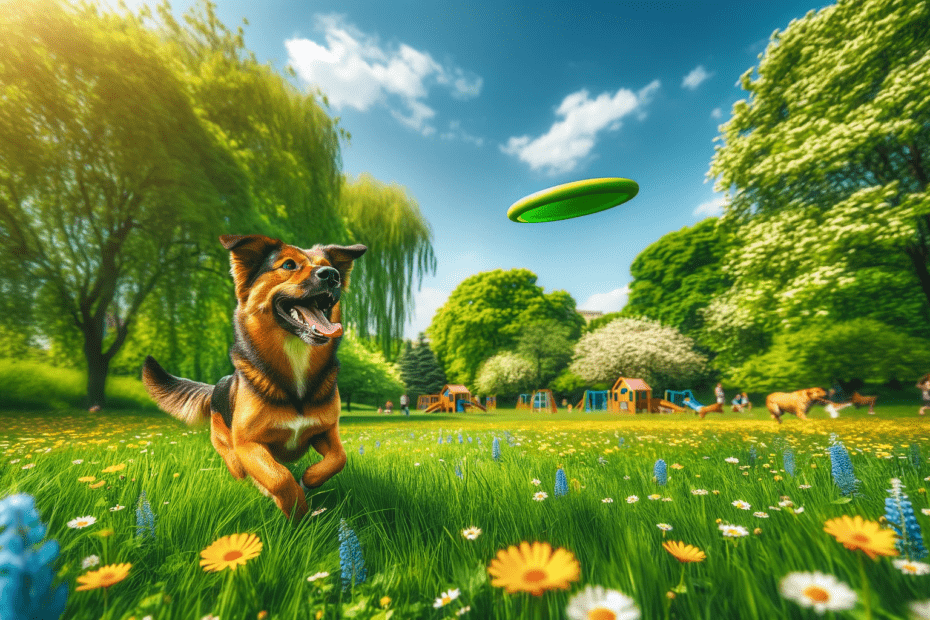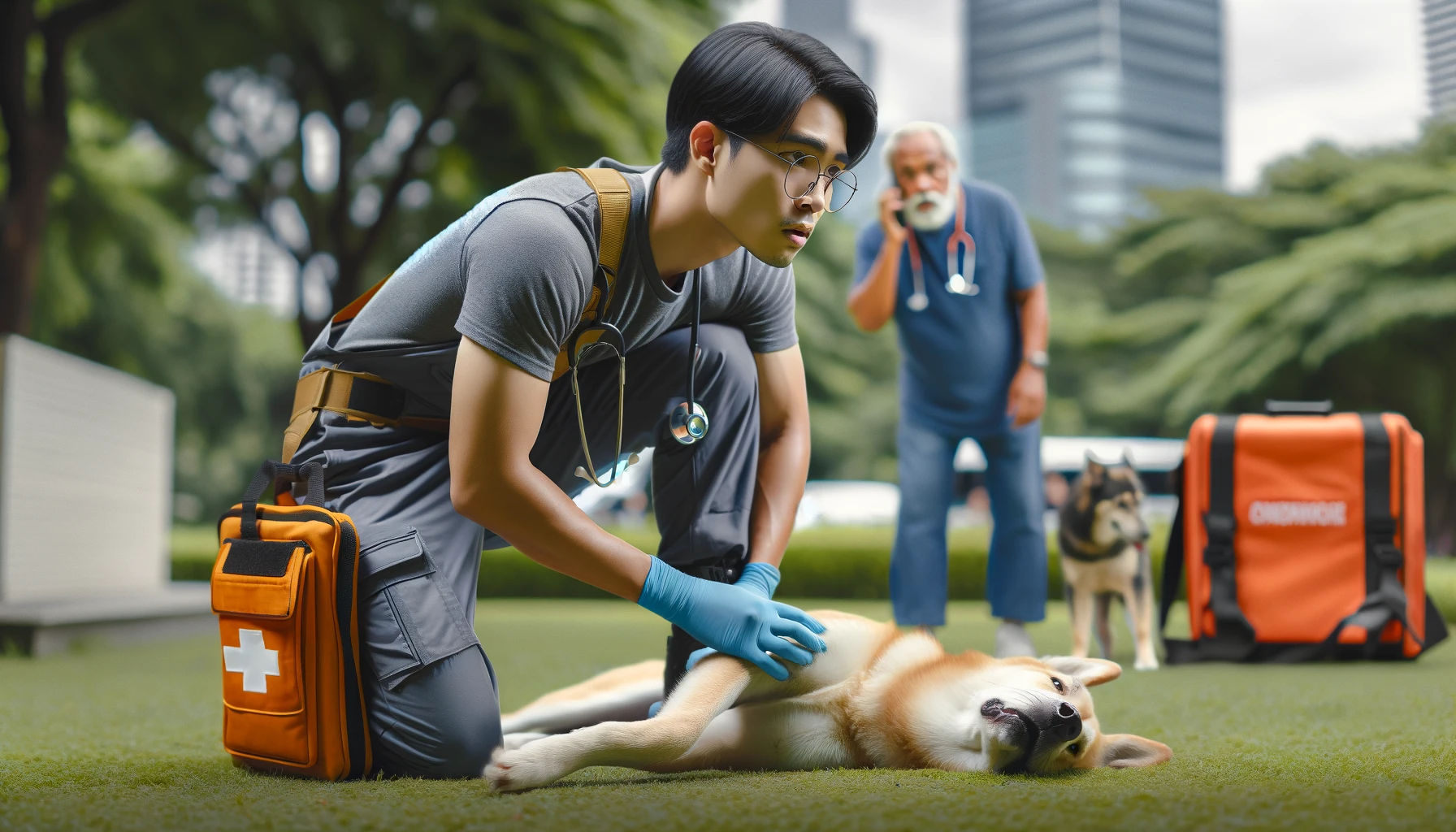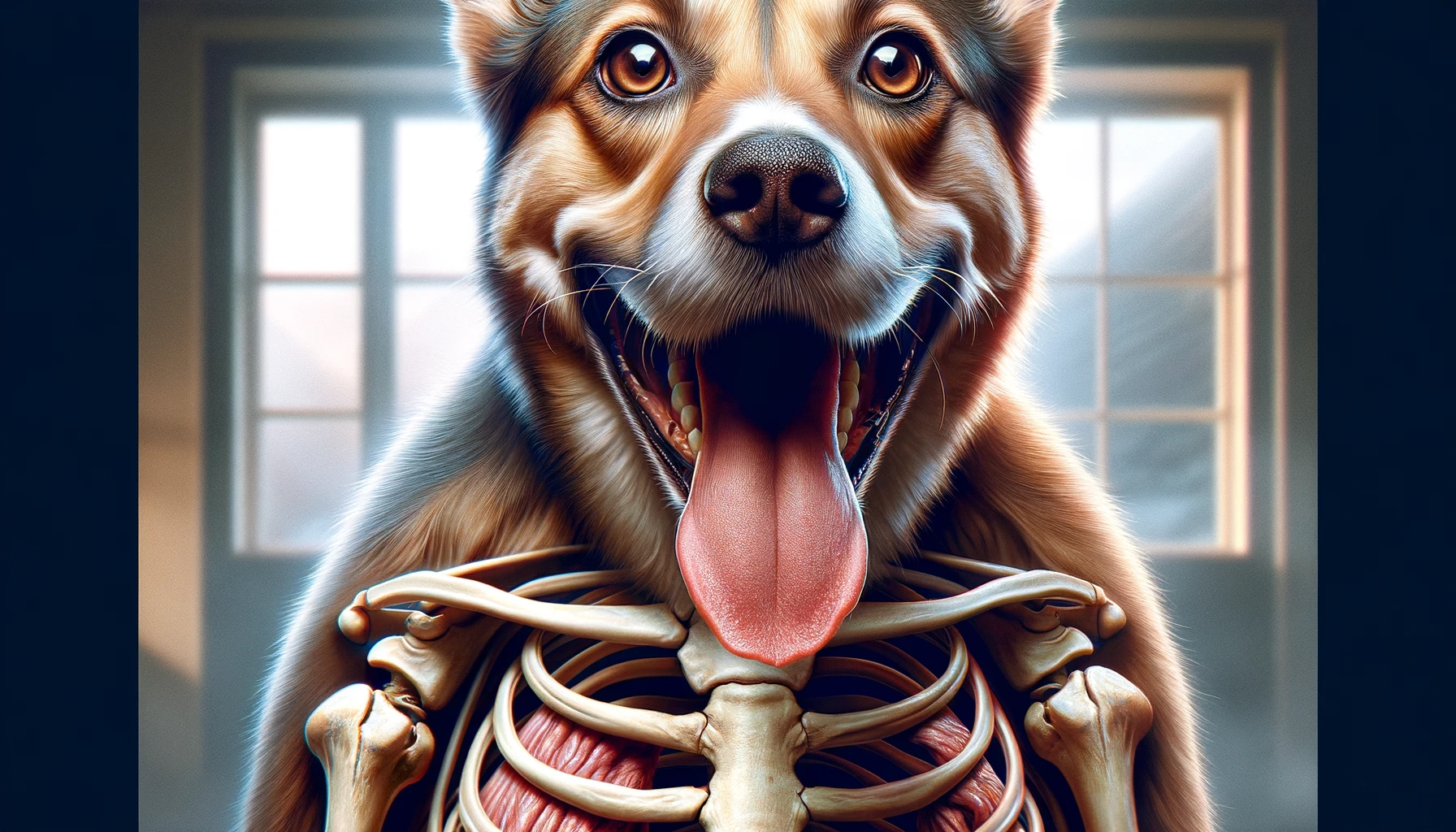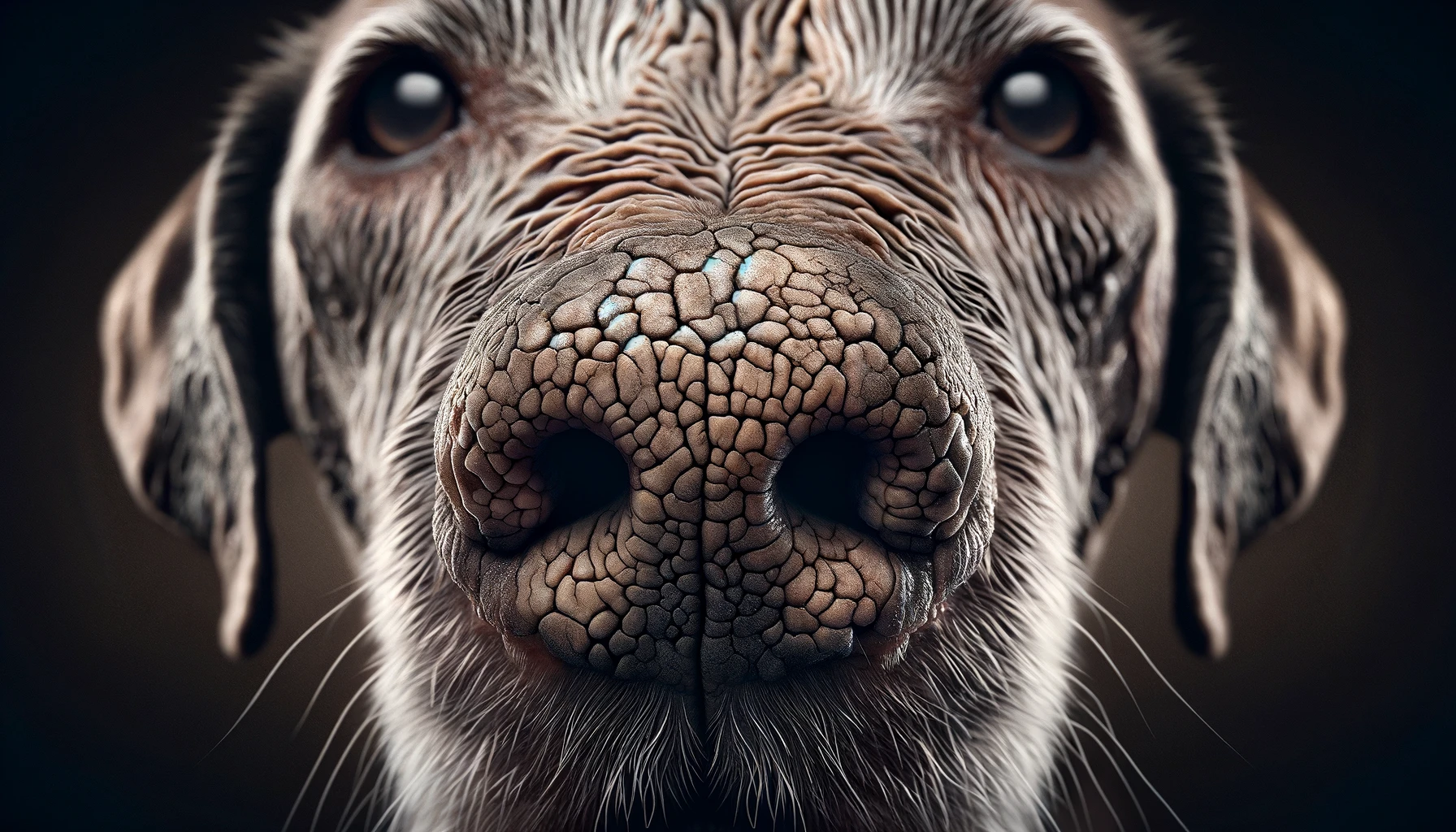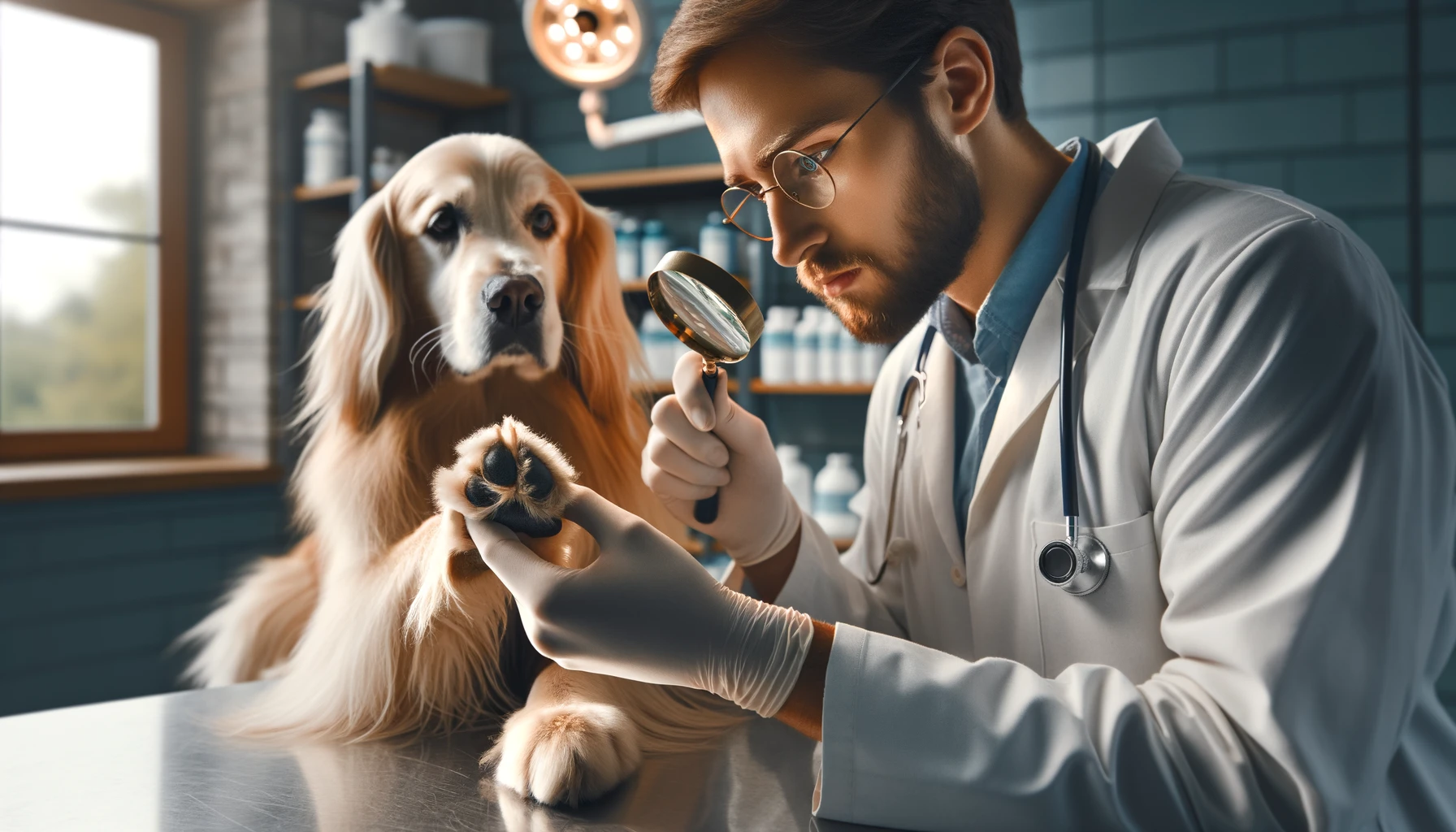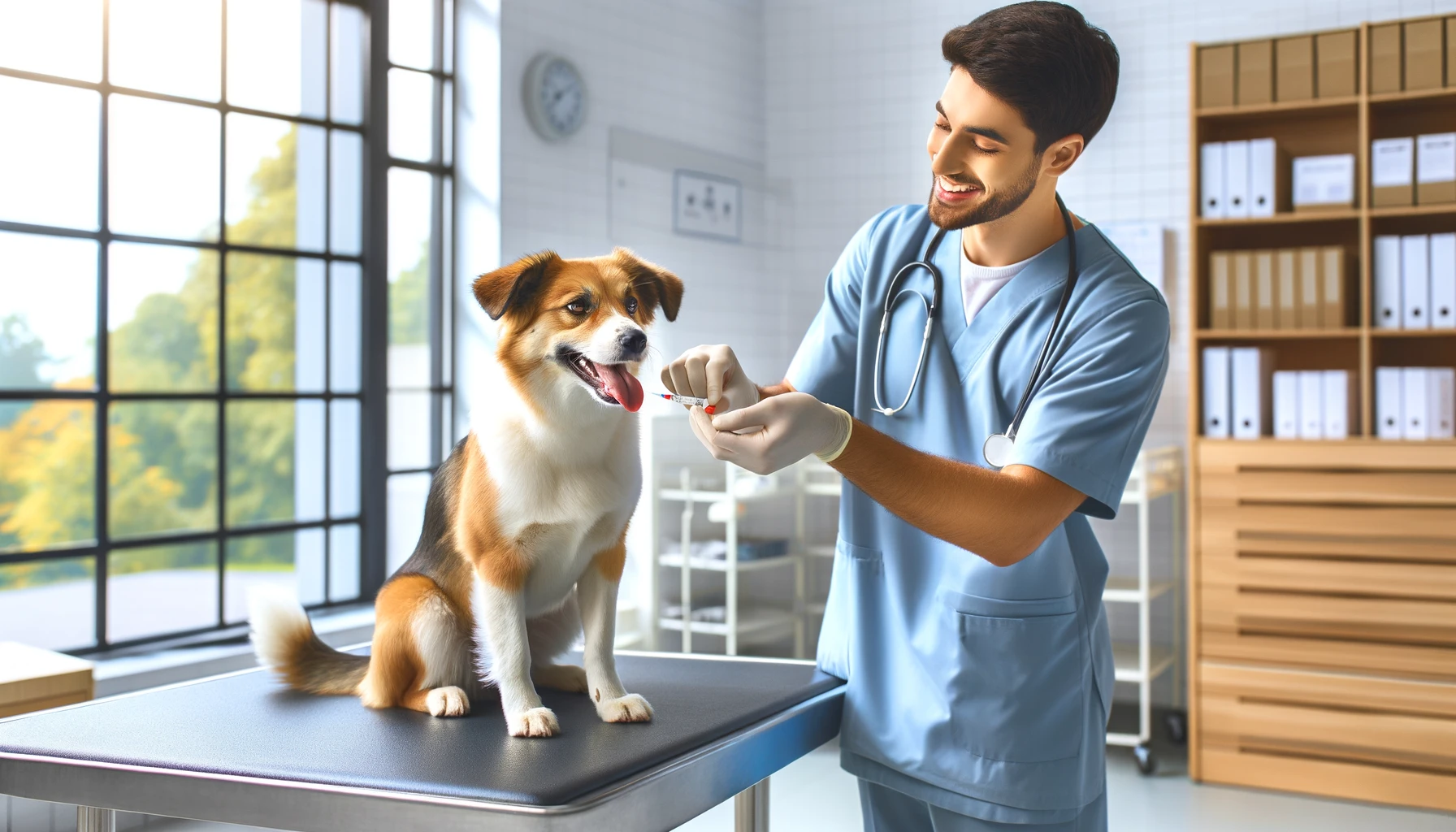Are you looking for simple tips to keep your dog healthy and happy? Look no further!
In this article, we'll explore the key factors that contribute to your furry friend's optimal health.
From providing a balanced diet and regular exercise to ensuring they stay hydrated and up-to-date on vaccinations, we've got you covered.
With regular veterinary check-ups, dental care, parasite prevention, and mental stimulation, you'll have all the tools you need to give your dog the best life possible.
Key Takeaways
- Portion control and a balanced diet are essential for maintaining a healthy weight and preventing health issues.
- Regular exercise, such as daily walks and interactive play sessions, helps dogs stay physically and mentally stimulated.
- Adequate hydration is important for proper bodily functions, so provide fresh and clean water at all times.
- Regular veterinary check-ups and preventive care, including vaccinations and grooming, are crucial for ensuring a dog's optimal health.
Balanced Diet and Nutrition
To ensure your dog's optimal health, it's important to provide them with a balanced diet and nutrition. One key aspect of maintaining a balanced diet for your furry friend is portion control. Just like humans, dogs need the right amount of food to maintain a healthy weight and avoid potential health issues. Feeding your dog appropriate portion sizes can prevent obesity, which can lead to a range of health problems such as heart disease and joint issues. It's essential to consult with your veterinarian to determine the appropriate portion sizes for your dog based on their age, breed, size, and activity level.
Another option to consider when it comes to your dog's diet is feeding them a raw diet. There are several benefits associated with feeding your dog a raw diet. Raw diets often include fresh, unprocessed ingredients such as meat, bones, fruits, and vegetables. These natural ingredients provide essential nutrients and enzymes that can improve digestion, boost the immune system, and promote overall health. Additionally, a raw diet can help maintain healthy teeth and gums, as chewing on raw bones can act as a natural toothbrush for your dog.
Regular Exercise and Physical Activity
Make sure you incorporate regular exercise and physical activity into your dog's routine for optimal health. Exercise isn't only essential for your dog's physical well-being but also their mental and emotional health. Here are some tips to help you keep your dog active and fit:
- Daily Walks: Take your dog for a brisk walk every day. This won't only provide them with exercise but also give them a chance to explore their surroundings and socialize with other dogs.
- Playtime: Engage in interactive play sessions with your dog. Playing fetch, tug of war, or using puzzle toys can help keep them mentally stimulated while also providing physical exercise.
- Dog Training: Incorporate training sessions into your dog's routine. Teaching them tricks, obedience commands, or participating in agility training can help keep them mentally engaged and physically active.
- Weight Management: Regular exercise is crucial for maintaining a healthy weight in dogs. Obesity can lead to various health problems, so it's important to monitor your dog's weight and adjust their exercise routine accordingly.
Remember to consult with your veterinarian before starting any new exercise program, especially if your dog has any underlying health conditions. By incorporating regular exercise and physical activity into your dog's routine, you can help them maintain optimal health and overall well-being.
Hydration and Fresh Water
Ensure that your dog stays hydrated and has access to fresh water at all times. Hydration is crucial for your dog's overall health and well-being. Just like humans, dogs need to drink an adequate amount of water to stay hydrated and maintain proper bodily functions.
The importance of hydration can't be emphasized enough. Water plays a vital role in regulating body temperature, aiding digestion, and transporting nutrients throughout the body. It also helps to lubricate joints, flush out toxins, and promote healthy skin and coat.
The amount of water consumption for dogs varies depending on several factors such as their size, activity level, and the climate they live in. On average, a dog should drink about one ounce of water per pound of body weight each day. However, this can increase during hot weather or if your dog is engaging in vigorous exercise.
To ensure your dog's optimal hydration, make sure to provide fresh and clean water at all times. Consider using a spill-proof bowl and clean it regularly to prevent any bacterial growth. Encourage your dog to drink water by placing multiple water bowls around the house and taking frequent water breaks during walks or playtime.
Vaccinations and Preventive Care
To ensure your dog's optimal health, it's crucial to stay up-to-date with their essential vaccine schedule.
Vaccinations are an effective way to prevent common dog illnesses such as rabies, distemper, and parvovirus.
Essential Vaccine Schedule
Keep your dog healthy by following an essential vaccine schedule for their vaccinations and preventive care. Vaccinations are crucial to protect your furry friend from potentially life-threatening diseases. Here are some key points to consider:
- Core vaccines: These are essential for all dogs and include vaccines against rabies, distemper, parvovirus, and adenovirus. Keeping up with these vaccines is vital for your dog's overall health and well-being.
- Non-core vaccines: These vaccines are recommended based on your dog's lifestyle and risk factors. They provide protection against diseases like Lyme disease, Bordetella, and leptospirosis.
- Vaccine schedule: Your veterinarian will create a customized vaccine schedule for your dog, taking into account their age, breed, and medical history. It's important to stick to this schedule to ensure optimal protection.
- Preventive care: Alongside vaccinations, regular visits to the vet, a balanced nutrition, and an exercise routine are essential for your dog's overall health and preventive care.
Preventing Common Dog Illnesses
To maintain your dog's optimal health, it's important to focus on preventing common dog illnesses through vaccinations and preventive care. Regular vaccinations are crucial in protecting your dog from diseases such as rabies, parvovirus, and distemper. Consult with your veterinarian to create a vaccination schedule that suits your dog's specific needs.
In addition to vaccinations, proper dog grooming and sanitation practices play a significant role in preventing illnesses. Regular brushing helps remove dirt, debris, and loose hair, preventing skin infections and matting. Bathing your dog with a gentle shampoo helps maintain a clean coat and reduces the risk of skin issues.
Keeping your dog's living area clean, including their bedding and toys, is also essential to prevent the spread of germs and parasites. By incorporating these preventive measures into your dog's routine, you can ensure their optimal health and well-being.
Regular Veterinary Check-ups
Regular veterinary check-ups are an essential part of keeping your dog healthy. These visits allow the veterinarian to assess your dog's overall health and catch any potential issues early on.
Importance of Check-Ups
Make sure you schedule annual veterinary check-ups for your dog to ensure their optimal health. Regular check-ups have numerous benefits and play a crucial role in preventive care. Here are some reasons why these check-ups are important:
- Early detection of health issues: Regular check-ups allow veterinarians to detect any potential health problems early on. This can prevent minor issues from turning into major ones, ultimately saving your dog from unnecessary suffering and expensive treatments.
- Vaccinations and preventive treatments: Check-ups ensure that your dog receives all the necessary vaccinations and preventive treatments to protect them against common diseases and parasites.
- Tailored advice and guidance: Veterinarians provide personalized advice and guidance based on your dog's specific needs, such as nutrition, exercise, and dental care.
- Establishing a trusting relationship: Regular visits to the veterinarian help establish a trusting relationship between you, your dog, and the veterinarian, making future visits less stressful for your furry friend.
Preventive Care Benefits
Ensuring your dog's optimal health starts with prioritizing preventive care through regular veterinary check-ups. These check-ups provide numerous benefits for your furry friend.
By visiting the veterinarian regularly, you can take preventive measures to detect any potential health issues early on, before they become more serious and costly to treat. Regular check-ups allow the vet to perform a thorough examination, including vaccinations, parasite prevention, and dental care, all of which contribute to your dog's overall well-being.
Additionally, a holistic approach to preventive care involves discussing your dog's diet, exercise routine, and behavior, ensuring that all aspects of their health are addressed.
Early Disease Detection
By scheduling regular veterinary check-ups for your dog, you can proactively detect diseases at an early stage. Early detection plays a crucial role in ensuring your dog's optimal health and well-being. Here are some reasons why regular veterinary check-ups are essential for early disease detection and health monitoring:
- Comprehensive physical examination: During a check-up, the veterinarian will thoroughly examine your dog's body, including their eyes, ears, mouth, and skin. This allows for the detection of any abnormalities or early signs of diseases.
- Vaccination updates: Regular check-ups ensure that your dog's vaccinations are up to date, protecting them from various diseases and infections.
- Blood tests and screenings: The veterinarian may recommend blood tests and screenings to assess your dog's overall health and detect any underlying conditions that may not be apparent through physical examination alone.
- Professional advice and guidance: Regular check-ups provide an opportunity to discuss your dog's diet, exercise routine, and behavior with the veterinarian. They can offer valuable advice on maintaining your dog's health and preventing future problems.
Dental Care and Oral Hygiene
To maintain optimal dental health for your dog, it's important to regularly clean their teeth with a toothbrush and toothpaste designed specifically for dogs. Just like humans, dogs can develop dental problems such as plaque buildup, gum disease, and tooth decay. By establishing a regular dental care routine, you can help prevent these issues and ensure your dog's oral hygiene is in top shape.
Using a dog toothbrush and toothpaste will effectively remove plaque and tartar from your dog's teeth. These specialized toothbrushes have bristles that are gentle on your dog's gums and teeth, reducing the risk of injury. Additionally, dog toothpaste is specifically formulated to be safe for dogs to swallow and come in flavors that dogs enjoy, making the brushing experience more pleasant for both you and your furry friend.
In addition to regular brushing, you can also incorporate dental treats into your dog's routine. Dental treats are designed to promote dental health by reducing plaque and tartar buildup. They're typically formulated with ingredients that help clean your dog's teeth as they chew, helping to freshen their breath and maintain their oral hygiene.
Parasite Control and Prevention
Maintain your dog's optimal health by implementing effective parasite control and prevention measures. Parasites can cause serious health issues for your furry friend, so it's crucial to take proactive steps to protect them. Here are some essential tips for parasite prevention and flea control:
- Use regular flea and tick prevention products recommended by your veterinarian. These products can help kill and repel fleas, ticks, and other parasites, preventing infestations and potential diseases.
- Keep your dog's living environment clean and free from fleas. Vacuum your home regularly, wash your dog's bedding frequently, and consider using flea sprays or powders in areas where your dog spends a lot of time.
- Regularly inspect your dog's fur and skin for any signs of fleas or ticks. Look for small brown or black specks on their fur or any redness, itching, or hair loss. If you spot any signs, consult your veterinarian immediately.
- Practice good hygiene by bathing your dog regularly with a flea shampoo. This can help kill any fleas or ticks present on their body and provide temporary relief from itching.
By following these parasite control and prevention measures, you can ensure that your dog stays healthy, happy, and free from the discomfort and dangers of parasites.
Mental Stimulation and Enrichment
Engage your dog's mind and promote their well-being with mental stimulation and enrichment activities. Just like humans, dogs need mental exercise to keep their minds sharp and prevent boredom.
Interactive toys and puzzle games are excellent ways to provide mental stimulation for your furry friend. Interactive toys are specifically designed to engage your dog's senses and challenge their problem-solving skills. These toys often have hidden compartments or treat dispensers that require your dog to figure out how to access the treats. This not only keeps them mentally stimulated but also provides a tasty reward for their efforts.
Puzzle games are another fantastic option to keep your dog's mind active. These games typically involve hiding treats or toys in various compartments that your dog has to navigate to access the hidden treasure. By encouraging your dog to use their problem-solving skills, puzzle games can help improve their cognitive abilities and prevent behavioral issues that arise from boredom.
Remember to rotate the toys and games regularly to keep them fresh and exciting for your dog. This will ensure that they stay engaged and challenged. Additionally, make sure to supervise your dog during playtime to ensure their safety and prevent any destructive behavior.
Frequently Asked Questions
How Often Should I Groom My Dog?
You should groom your dog regularly to ensure their optimal health. Best grooming practices include brushing their coat, cleaning their ears, trimming their nails, and bathing them as needed.
What Are Some Signs That My Dog May Be Experiencing Dental Problems?
If your dog is experiencing dental problems, there are some common signs to look out for, such as bad breath, difficulty eating, and swollen gums. To prevent these issues, regular dental care is important, including brushing their teeth and providing dental chews.
Are There Any Alternative Methods to Prevent Parasites in Dogs?
There are natural remedies and herbal supplements available as alternative methods to prevent parasites in dogs. These can be effective in maintaining your dog's optimal health and keeping them parasite-free.
Can I Give My Dog Human Food as a Treat?
Yes, you can give your dog human food as a treat. However, it's important to choose dog-friendly recipes and avoid ingredients that can be harmful to dogs. Homemade dog treats have the benefit of being healthier and more tailored to your dog's needs.
How Can I Help My Dog Maintain a Healthy Weight?
To help your dog maintain a healthy weight, focus on dog weight management and a healthy diet for dogs. Regular exercise, portion control, and choosing nutrient-rich foods can all contribute to your dog's optimal health.
Conclusion
In conclusion, by following these simple tips, you can ensure your dog's optimal health.
Providing a balanced diet, regular exercise, and access to fresh water are essential.
Don't forget about vaccinations, preventive care, and regular veterinary check-ups to keep your dog protected.
Maintaining dental care and oral hygiene, as well as controlling parasites, are also important.
Lastly, don't overlook the importance of mental stimulation and enrichment to keep your dog happy and healthy.
